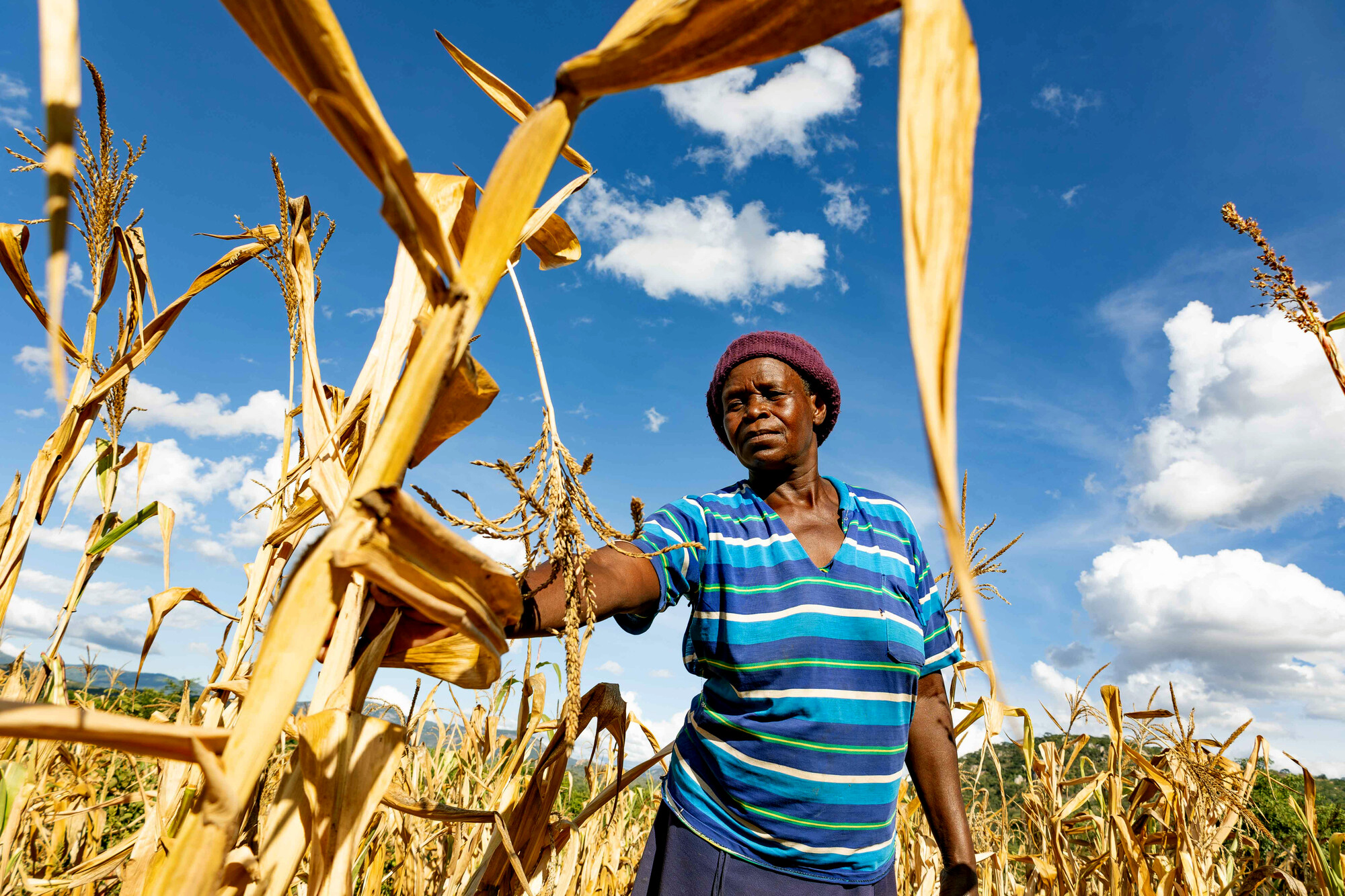History of CARE International’s work in Sierra Leone
CARE International began work in Sierra Leone in 1961, initially focusing on school food programs to improve children’s nutrition.
We later conducted emergency response activities during the civil war (1991-2002) and supported community peacebuilding and rehabilitation after the conflict ended.
What CARE International does in Sierra Leone
CARE International’s work in Sierra Leone is focused on healthcare and gender equality including working with communities to prevent HIV/AIDS and to change harmful social norms that prevent women and girls from understanding or accessing their sexual and reproductive health and rights.
This work includes supporting the national health system through providing medical supplies and modern contraception, as well as training medical professionals to provide quality healthcare.
We also work with youth in programs to end female genital mutilation. We prioritize working in districts heavily burdened by HIV and with high rates of teenage pregnancy.
Since 2020, CARE International has been responding to COVID-19 in Sierra Leone. Response efforts include spreading messaging on hygiene methods for preventing COVID-19, distributing food, cash, and vouchers, providing medical supplies, and supporting the continuity of sexual and reproductive health.









